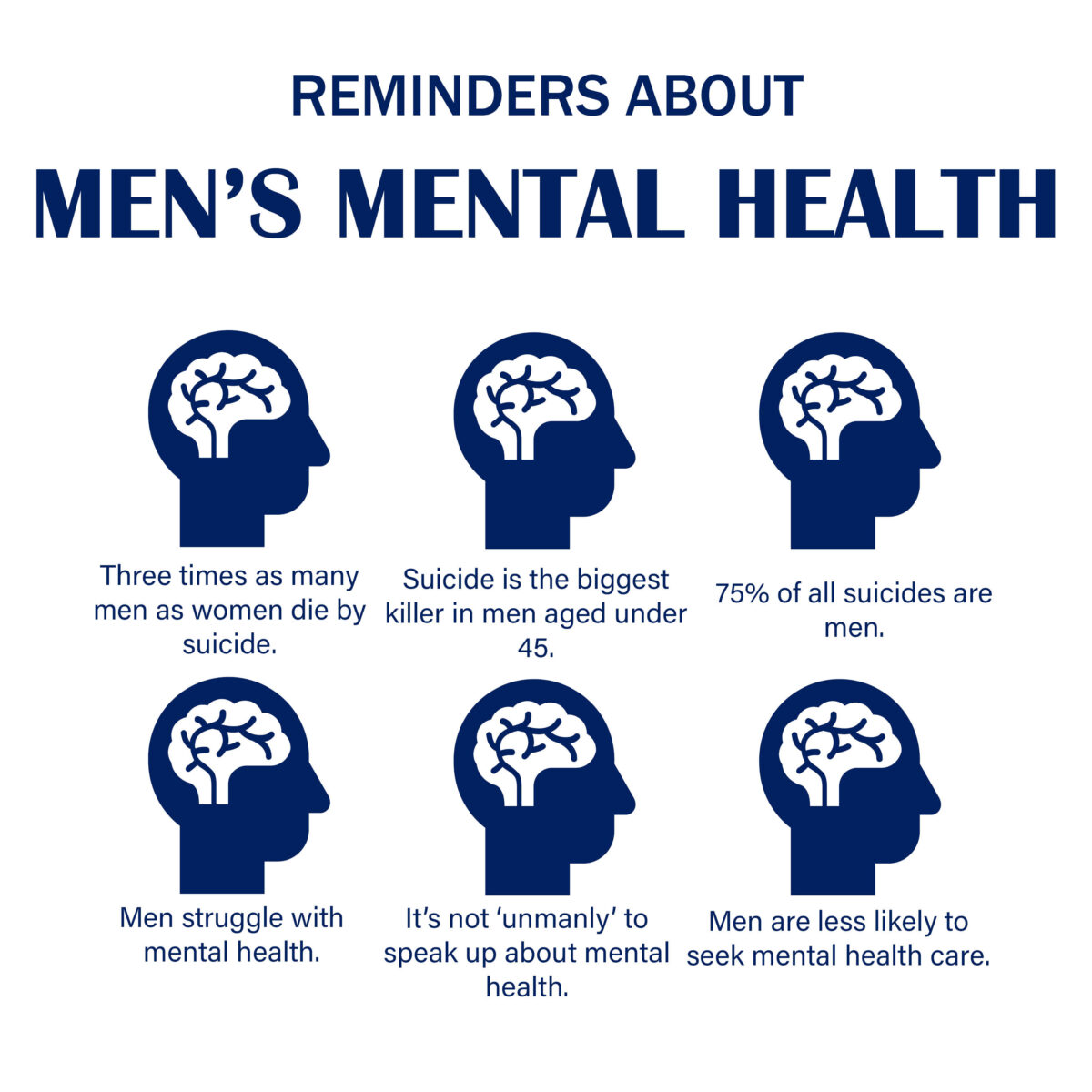The words ‘skills shortage’ is something we hear a lot about in the UK. We might think of this as surprising, given that over time we educate our people more, not less. Ranstad, the dutch human resource company, maintains that, on current trends, the workforce in the UK will have a 3 million worker shortfall by 2050 if skill shortages are not addressed. That account for nearly ten percent of the entire workforce.
In the same report, construction comes second in the skills shortfall table. This is something Theresa May PM, has been giving some attention to recently. She says she will wage war on educational ‘snobbery’ by setting up a network of prestigious ‘builders universities’ for the training of manual workers. This ‘educational’ snobbery may be something that she believes has created a big shortage in the diversity of skills that go to make up a successful economy.
Teachers, who can influence students greatly and are generally academically minded and academically ambitious for their students may be inclined to undervalue vocational training in preference for a degree in almost anything. For parents, too, the pressure to give their children the best start in life has often translated into going to university. Faced with the idea of life’s successes and failures hanging on the result of their exams may also have left confused teenagers feeling that their three years in university represents their only chance of a springboard to success.
This has been the pattern of education since the sixties and harks back to a bygone age, sometime in the nineteenth century, when only a very privileged elite made it to university – when the priest, the doctor and the teacher were the aristocracy of the average small town. A time when illiteracy was prevalent and children left school at fourteen years old to work in factories or as servants in the homes of wealthy people. Giving people the tool of literacy was possibly the greatest step forward for the majority and gave us the skills to compete and learn anything written in print, something that was almost impossible prior to then. However, when we take that and decide that society only needs academics we end up somewhere round where we are now. A skills crisis in services that are not just good for the economy, but crucial for the day to day lives of the individuals in that society. Many of these skills are often found in construction.
This skills crisis is accompanied, hand in hand, with high unemployment among those people who spent years at university ‘bettering themselves’ and are finding they are still part of a majority who possess an oversupply of the skills that are on offer albeit a different set of skills then those a hundred years previously. What we didn’t really understand when we started our journey on getting all our children into university, was that a major reason why someone’s skills or qualifications are valuable is because they are needed and scarce.
The current housing crisis in the UK, which get so much press attention, is complicated and the result of a combination of many dyfunctions in our society. Of course, some of the forces at work that caused, and continue to cause, substandard housing and homelessness in the general population have been deliberate and designed as a way to enrich a few while enslaving the many. However, the skills shortage in construction will have also contributed a great deal to the lack of housing and had there been more focus on training people in useful and well paying trades some ten or twenty years ago, we may well be now living in a society with more homes and less unemployment.
My observations on speculation around the UK skills shortage in not to advocate an end to people going to university but rather to acknowledge that being academically gifted is not the only mark of success. It works better for individuals, and for society as a whole, to recognise the contributions all areas of work make to people’s lives. Giving too much status to one and not enough to another is a recipe for imbalances in career choices which, as we have seen, makes for wider imbalances in our economy and society.




Role Group Limited & Role Training Limited
Unit 3
480 James Yard
Larkshall Rd
London E4 9UA
Keep up-to-date with all the latest news from Role Group.